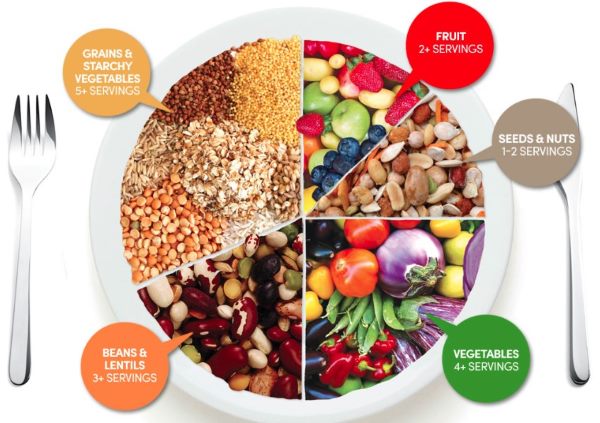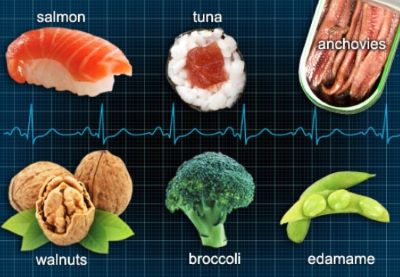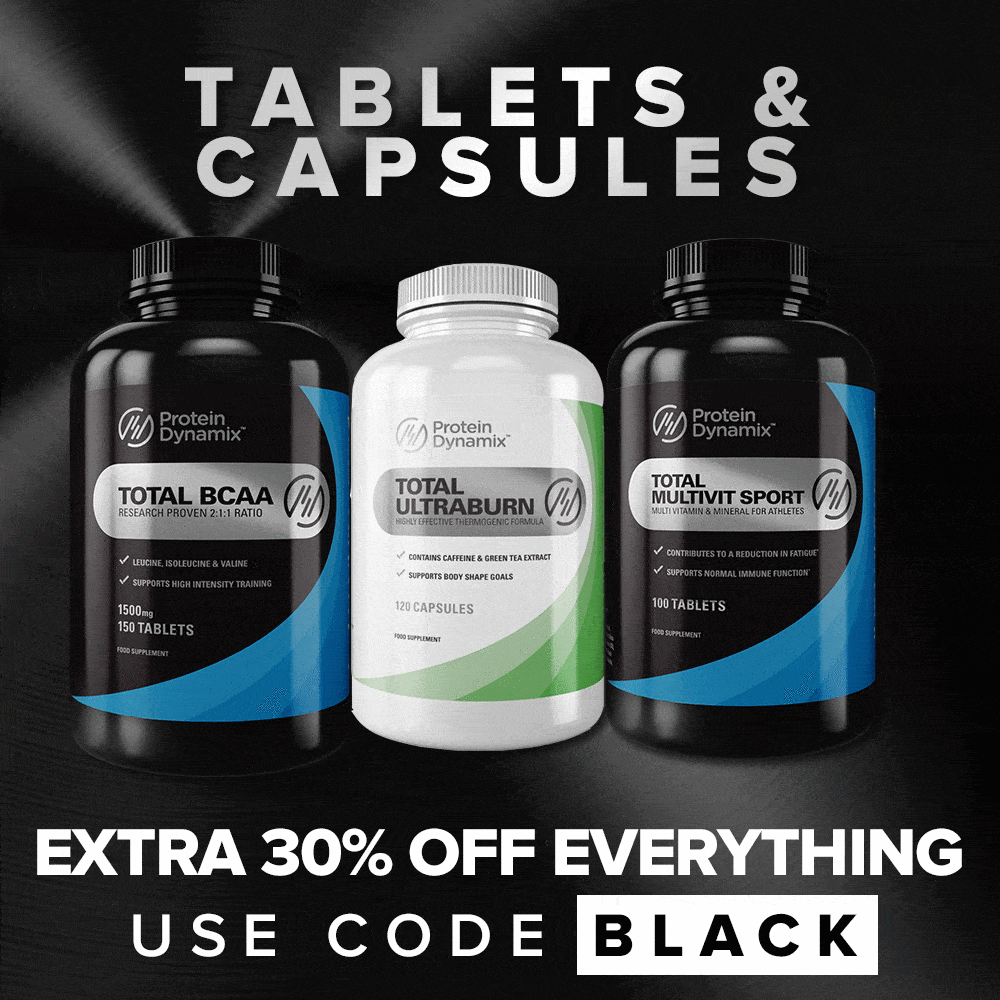Nutrition and the Vegan Diet
The number of people following a vegan diet has been increasing each year, with people giving as their reasons their concerns about the treatment of animals, the ethics of eating another living organism, the environmental impact of using land for grazing instead of grain or because it is a diet that offers an opportunity to eat well, lose weight and reduce risk factors for heart disease, stroke, some cancers and typ-2 diabetes. This is because vegan diets can, if well thought out, lower cholesterol levels through eating nutrient-rich plant foods rather than heavily processed foods.
Vegan diets can provide all the nutrients necessary for a balanced diet except for vitamin B12 and vitamin D. However, some of the other nutrients will be obtained from foods that may be totally new.
Nutrients Vegans Need
Health-conscious vegans substitute animal proteins important for bone health and muscle strength with plant-based replacements, such as tofu, tempeh and seitan which are protein alternatives to meat, poultry, eggs and fish in a lot of recipes.
Peas, beans and lentils provide all of the essential amino acids needed. These are not all easily absorbed by the body, although sprouting, fermenting and cooking can increase the absorption of the nutrients, particularly lysine, an essential amino acid.

Raw and unroasted nuts and seeds are good sources of iron, fibre, magnesium, zinc, selenium and vitamin E. Two or three servings daily are recommended. Seeds including chia and flaxseeds contain protein and beneficial omega-3 fatty acids.
Calcium-fortified plant milks and yogurts, such as those may from soy are usually fortified, at least with calcium, though some are also enriched with vitamins B12 and D which vegans cannot obtain from available foods.
Whole grains and cereals like spelt and quinoa provide complex carbohydrates, fibre, iron, B-vitamins and many important minerals. In the same way as legumes, sprouting and fermenting can help the body absorb the minerals. Sprouted and fermented plant foods include tempeh, miso, sauerkraut, pickles and kombucha which often contain probiotics and vitamin K2.
Healthline Partner Solutions
Get Answers from a Doctor in Minutes, Anytime
Have medical questions? Connect with a board-certified, experienced doctor online or by phone. Pediatricians and other specialists available 24/7.
Vegan Nutrition Supplements
The biggest challenges faced by those on a vegan diet are dealing with low levels of vitamin B12, vitamin D, long-chain omega-3s, iodine, iron, calcium and zinc. This can be a particular problem for children or pregnant or breastfeeding women. In these instances nutrition supplements are necessary.
While whole grains and beans are especially rich in iron, but these are not easily absorbed. Iron-rich foods can be absorbed by the body much better if eaten in combination with a source of vitamin C. It is wise to have iron levels checked by a health professional before taking supplements as they only need to be taken in cases where there is a clear deficiency. Iodine can be added to the diet through seaweed or iodized salt.

Omega-3 containing foods, especially those high in alpha-linolenic acid (ALA), can help the body produce longer-chain omega-3s such as eicosapentaenoic acid (EPA) and docosahexaenoic acid (DHA). ALA is a nutrient that can be elusive in vegan diets, but can be replaced by one tablespoon of ground flaxseed or one teaspoon of flaxseed oil, four walnuts, one tablespoon of walnut, hempseed, soy or canola oil or two 2 teaspoons of chia seeds.
Most people get DHA and EPA from fatty fish or fish oil supplements, but the vegan DHA/EPA capsules come from microalgae, which is where fish get their omega-3 fats from.
Calcium absorbs best from fortified plant milks, some leafy green vegetables and tofu made with calcium sulfate. Calcium from beans, nuts and seeds are absorbed at a much lower rate. The suggestion is to drink a couple of cups of fortified beverages daily and for those over 50, to increase that to three cups daily. A supplement of 300mg a day can also help and is ideally taken with a meal to reduce the chance of developing kidney stones.
Whole grains, legumes, nuts and especially seeds are good sources of zinc, but are hard for the body to absorb, though sprouting grains and legumes helps. For supplements, look for zinc gluconate or zinc citrate as best sources.
There are only two reliable sources of vitamin B12 for vegans. These are foods that have been fortified with the vitamin, with the most reliable form for vegans being cyanocobalamin. Vitamin B12 is vital to health since a deficiency results in anemia and can also lead to nerve damage, which can sometimes be irreversible. The ideal is to take 1,000 mcg of vitamin B12 twice per week where it dissolves in the mouth, either through chewing or a tablet held under the tongue.
Vitamin D is created when bare skin is exposed to strong summer sunlight. If this isn’t possible, a supplement or fortified foods can be taken to avoid deficiency. The best supplements are D2 and vegan D3.

